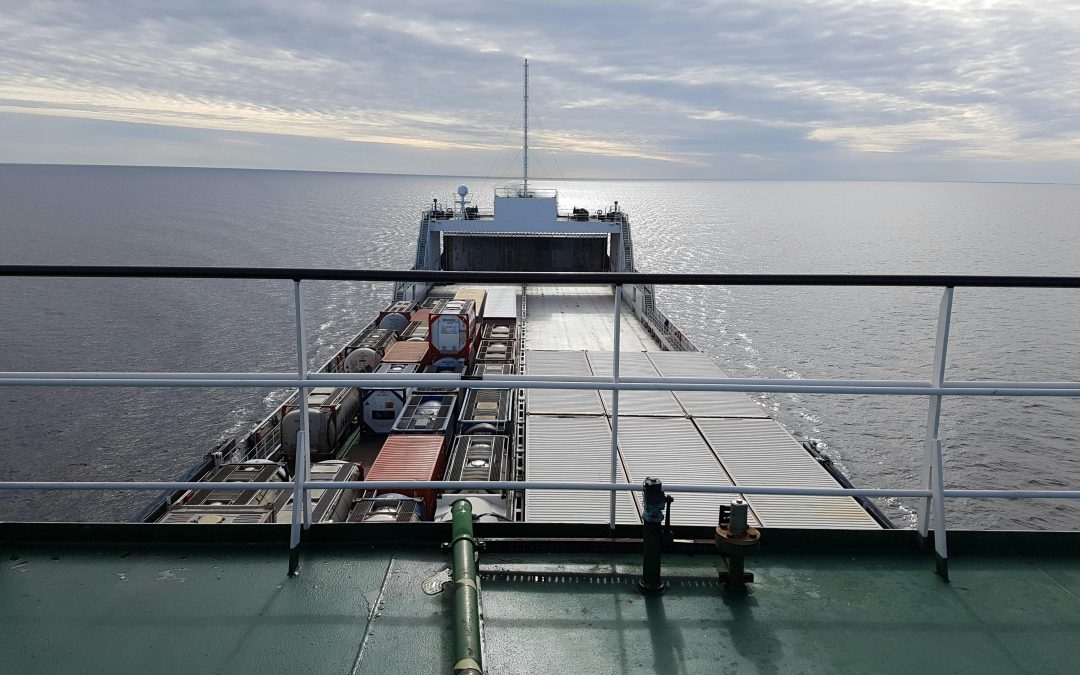The crisis in the Red Sea has led to an extra 35.7 million tonnes of CO2 emitted in the past year* as ships are forced to sail around Africa to avoid the risk of being attacked by the Houthi rebels, says supply chain management consultancy INVERTO, part of Boston Consulting Group.
INVERTO says that this extra CO2 is equivalent to the annual emissions of 7.8 million cars – more than treble the number of cars in the whole of London**.
Approximately 1,000 fewer ships per month have passed through the Suez Canal in the past year, increasing shipping costs markedly. 2,133 ships passed through the canal in September 2023, falling to just 999 in September 2024.
Says Patrick Lepperhoff, Managing Director at INVERTO and Head of Center of Excellence SCM & Resilience: “The impact on the environment of Red Sea disruption shouldn’t be underestimated. Cargo ships are large emitters of CO2 and this is forcing them to travel thousands of extra miles to reach Europe.”
The crisis in the Red Sea has also impacted the time taken for goods to arrive in Europe from Asia, with shipping times increasing by approximately 30% and effectively reducing capacity in the market.
These delays have sharply impacted businesses that operate on a ‘just in time’ basis, forcing many to carry more inventory as insurance against further holdups in delivery of key components. This has knock-on effects on their capital efficiency, with greater value tied up in unused stock rather than in use elsewhere in the business.
“There may be light at the end of the tunnel for businesses that have been affected by the crisis in the Red Sea. The ceasefire deal between Israel and Hamas, if it holds, may bring greater stability to the region and allow more shipping to return to the Red Sea and Suez Canal.”
Patrick Lepperhoff says that while price increases due to shipping delays have so far been relatively limited, they are impacting businesses seeking to deliver products to the US due to the potential introduction of tariffs.
Patrick Lepperhoff adds: “Extended lead times could pose two distinct challenges for businesses: delays and operational issues and an additional increase in costs due to increased shipping rates and tariffs if they are introduced.”
“With the elevated volume of goods being imported into the US at present, shipping costs are spiking for a lot of businesses.”
“If the attacks in the Red Sea continue despite of the new development, businesses will have to look to reduce costs as well as cutting emissions elsewhere too. Hopefully the ceasefire in the Middle East brings peace in the long term. That would bring with it the potential for shipping in the region to return to normal.”
* Year end November 30 2024. Sailing around the Cape of Good Hope causes an average of approximately 900 tonnes of fuel to be consumed by a cargo vessel. Approximately 1,050 ships per month have been rerouted around Africa each month since December 2023. The US EPA estimates that the average passenger car emits 4.6 tonnes of CO2 per year.
Source: INVERTO





